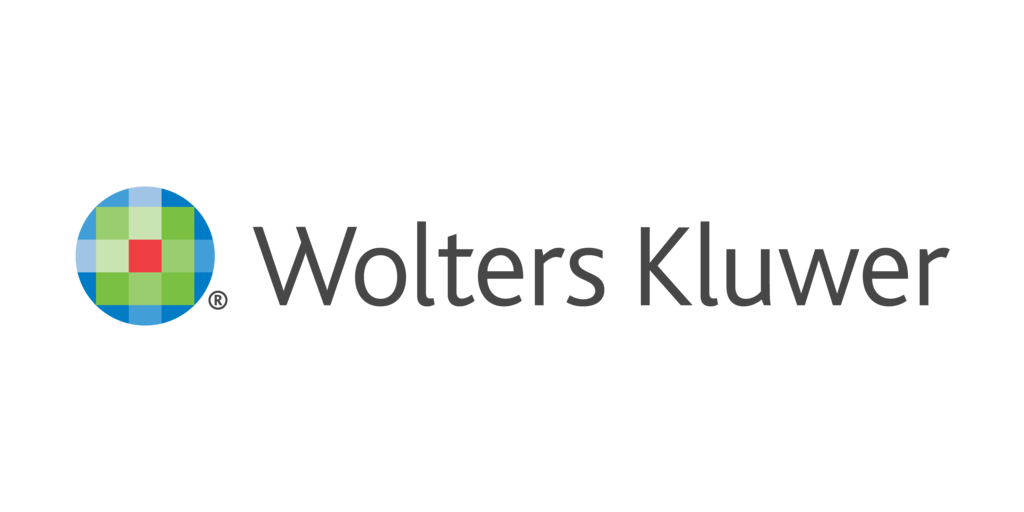
Wolters Kluwer “25 for ’25” Report Predicts Key Healthcare Technology Trends Driving Momentum Amid Dramatic Change in 2025
The prediction report features 25 wide-ranging predictions spanning health AI, preventing burnout, tech for the next generation, smarter clinical surveillance, M&A, and more
WALTHAM, Mass.–(BUSINESS WIRE)–#USelection–As 2025 approaches, healthcare is undergoing unprecedented transformation. Headlines about artificial intelligence (AI) technology for the health sector have shifted away from grandiose promises as the dust starts to settle around the potential of Generative AI (GenAI). These innovations and others aim to reshape how healthcare is delivered. To shed light on anticipated trends, challenges and opportunities in healthcare technology in 2025, leading experts from Wolters Kluwer Health offer their outlook across a variety of topics in the 25 for ’25 predictions report.
Diffusing the hype, the new report offers an eye-opening look at what’s ahead and leads us toward a smarter, more resilient future in healthcare technology. Read a selection of healthcare AI predictions from the CEO of Wolters Kluwer Health below and download the 25 for ’25 predictions report to read all 25 predictions spanning five key themes:
- Rational exuberance: where is healthcare AI making a tangible impact?
- Navigating change in healthcare: Shortages, booms, and mergers, oh my!
- Expect innovation in retail pharmacy, medication surveillance and pharmacy compliance
- Keys to achieving infection prevention and control goals in 2025
- Can smarter, better data help Medicare Advantage organizations get back on track in 2025?
Stacey Caywood, CEO of Wolters Kluwer Health, takes a strategic look beyond at the top three areas where healthcare AI will be having substantive influence in 2025:
1. AI for healthcare workflows
In 2024, we saw the healthtech sector really start to focus 2023’s AI excitement into tangible solutions that make clinicians’ workdays easier and more productive. For example, transformative tech like a GenAI ambient listening scribe dramatically reduces administrative burdens. In 2025, look for more synergies and partnerships emerging between AI and complementary technologies that serve as a force multiplier for the potential of AI to drive efficiency in the clinical workflow, provide relief from burnout, and deliver value for health systems.
2. AI for clinician workforce development
Amid staffing shortages, 2025 will see AI helping future clinicians get on a fast track to practice-readiness. Nursing education tools are being wholly rethought to leverage the capabilities of AI. For example, AI has the potential to boost nurses’ licensure prep so students learn from mistakes with smarter, more personalized reinforcement. Look for AI chatbots to transform virtual reality training by providing lifelike conversations with virtual patients. AI will also accelerate the development and adoption of clinical practice changes as hospital nursing leaders turn to AI to power the often-cumbersome process of updating nursing practice protocols.
3. AI for patient safety
AI healthtech is largely focused on helping clinicians. I’d expect to see that scope broaden with AI playing a bigger part in patient safety. In 2025, look for AI solutions that go deeper into live health data to identify disconnects in care that are often overlooked and can impact patient safety. Imagine an AI “helper app” that works 24/7 in the background to identify instances where healthcare providers may miss a potential test or therapy for a patient or – worse – illicitly divert medications from patients, potentially doing harm. Stopping drug diversion with AI is just one example of AI scaling system-wide to comprehensively improve patient safety.
To read all 25 predictions authored by Wolters Kluwer Health experts, download the complete, eight-page 25 for ’25 predictions report.
For more information about Wolters Kluwer, please visit: www.wolterskluwer.com.
About Wolters Kluwer
Wolters Kluwer (EURONEXT: WKL) is a global leader in information, software solutions and services for professionals in healthcare; tax and accounting; financial and corporate compliance; legal and regulatory; corporate performance and ESG. We help our customers make critical decisions every day by providing expert solutions that combine deep domain knowledge with technology and services.
Wolters Kluwer reported 2023 annual revenues of €5.6 billion. The group serves customers in over 180 countries, maintains operations in over 40 countries, and employs approximately 21,400 people worldwide. The company is headquartered in Alphen aan den Rijn, the Netherlands.
For more information, visit www.wolterskluwer.com, follow us on LinkedIn, Facebook, YouTube and Instagram.
Contacts
Media
André Rebelo
Director, External Communications
Wolters Kluwer Health
+1 (781) 392-2411
andre.rebelo@wolterskluwer.com
